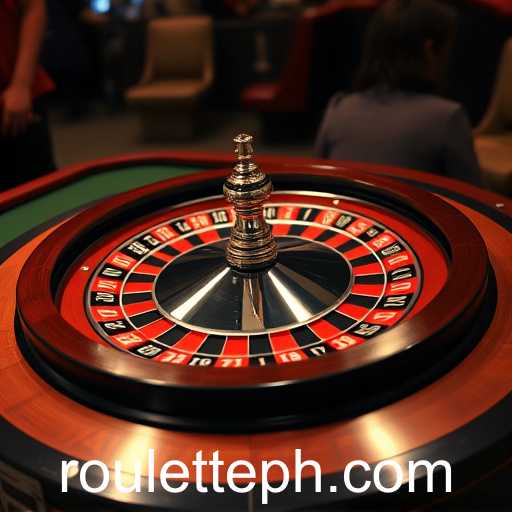Exploring the latest trends and dynamics of online roulette amid the rise of digital gaming platforms. This article delves into the impact of technological advancements and evolving consumer preferences on the game of roulette.
As we progress further into the 21st century, the gaming industry continues to undergo significant transformations, mirroring advancements in technology and shifting consumer interests. Among various digital recreations, roulette, a classic casino game, has seen a substantial evolution in its online format. With 2025 setting the stage for new developments, online roulette is making waves as a staple component of virtual gaming experiences.
In recent years, the integration of cutting-edge technology such as artificial intelligence and machine learning has revolutionized online roulette. These technologies not only enhance user experiences by delivering more realistic simulations but also offer personalized gaming environments. Enhanced graphics and sound effects add layers of excitement, making the digital roulette experience akin to sitting at a real casino table.
Furthermore, the growth of internet accessibility and the proliferation of smart devices have enabled a broader audience to engage with online roulette. Players from various regions, who previously might not have had access to physical casinos, can now participate in online gaming hubs with ease. This accessibility has diversified the demographics of the player base, bringing fresh perspectives and strategies to the game.
Importantly, current discussions in the gaming community highlight the role of social media influencers in promoting online roulette platforms. These figures often broadcast their game sessions live, drawing in viewers and potential players. The blend of social media engagement with digital gaming is creating a dynamic ecosystem for roulette enthusiasts.
With regulatory frameworks around online gaming becoming more standardized globally, the legitimacy and security of online roulette sites have seen improvement. Licensing bodies ensure fair play and the protection of player data, fostering trust and encouraging more participants to try their luck at the digital tables.
Looking forward, we can anticipate further technological advancements that may introduce augmented reality (AR) and virtual reality (VR) into the online roulette scene. AR and VR could potentially offer players an even more immersive experience, blurring the lines between the virtual world and reality.
In conclusion, as the digital landscape evolves, online roulette is not merely surviving but thriving. It exemplifies the adaptability of traditional games in a modern context, offering entertainment that caters to contemporary tastes and technological expectations. With continuous innovations on the horizon, online roulette remains a compelling avenue for both seasoned gamblers and curious newcomers alike.




